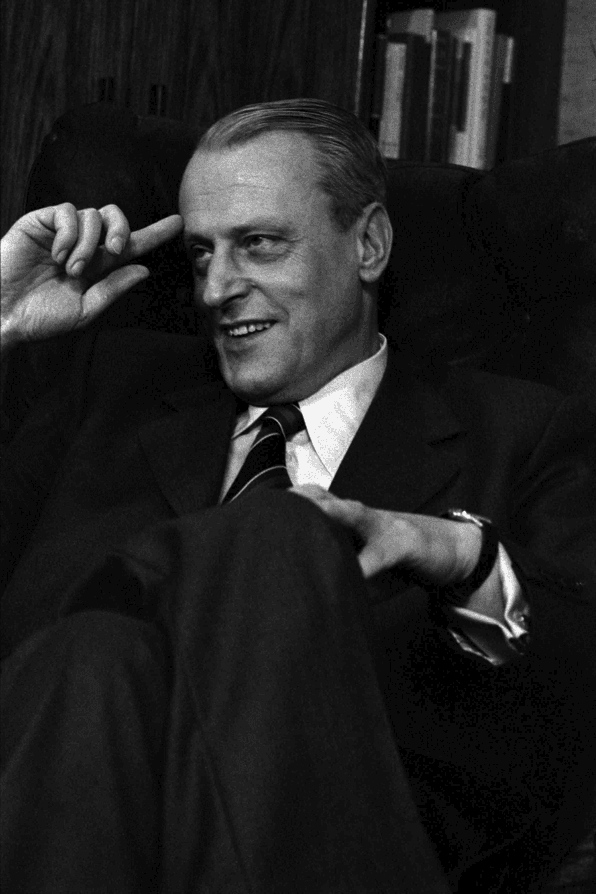Tears of the Acacias
This may be the most contrarian war novel ever. It is the masterpiece of a young author who came out of the war with a vision of human nature as dark as the night and a determination to turn that vision into literature. The book opens with the unlikely friendship between Oskar Ossegal, a forty-year-old chemist, and Arthur Muttah, a chemistry student. The latter is practically an orphan and regards Oskar as a surrogate father.

To write is to astound, Willem Frederik Hermans once claimed, and Tears of the Acacias is nothing if not astounding. As Canadian soldiers liberate the exuberant city, Arthur Muttah wants nothing but to disappear: ‘Everyone was doing nothing but screaming, waving flags, taking pictures, kissing soldiers and asking for cigarettes. Everyone wanted a lift, further into town, and he was in search of what might be the only car headed in the opposite direction.’
Wartime Amsterdam with its sinister streets and Brussels in the frenzy of liberation form the backdrop to the story, and the two cities are drawn with chilling precision. Although the situations described in the novel remain chaotic, they have the transparency of classical tragedy. The personalities are unstable and make blind choices, and their fateful decisions lead to catastrophe.
More than just sophisticated linguistic constructs, his novels are philosophical parables in which the loneliness of the individual and the chaos of the world meet and give rise to compelling literature that grabs the reader by the throat.
More from Hermans
Ik heb altijd gelijk (I Am Always Right, 1951). A man returns to Holland in 1948 from the war in Indonesia and despises everything. He dreams of starting a political party that will put an end to the Netherlands as a nation.
Het behouden huis (The House of Refuge, 1952). A young soldier, fighting against the Germans on the Eastern Front, withdraws to a civilian house, kills the inhabitants and acts as if he is the owner. Slowly, the house takes him over and becomes a character in its own right.
Richard Simmillion: Een onvoltooide autobiografie (Richard Simmillion: An Unfinished Autobiography, 2005). Powerful, haunting stories about the protagonist’s strained relationship with his father and the suicide of his sister, from the perspective of Hermans’ alter ego Richard Simmillion.
“There is his accurate delineation of place, the inscrutability of his characters and a fascination with language’s capacity to order reality.”
“Not only would Dutch literature be considerably poorer without Hermans; so would European literature.”
